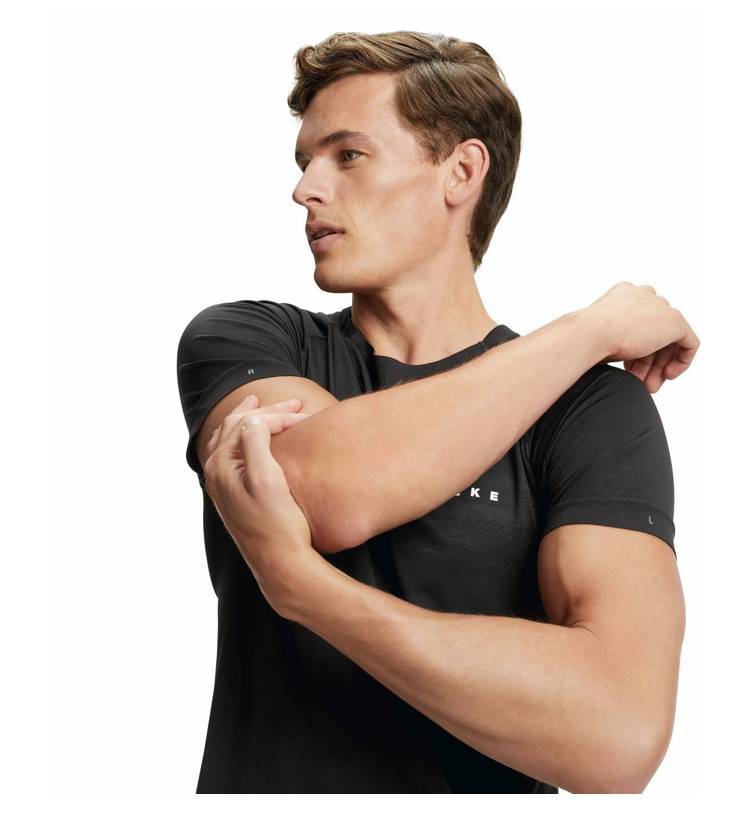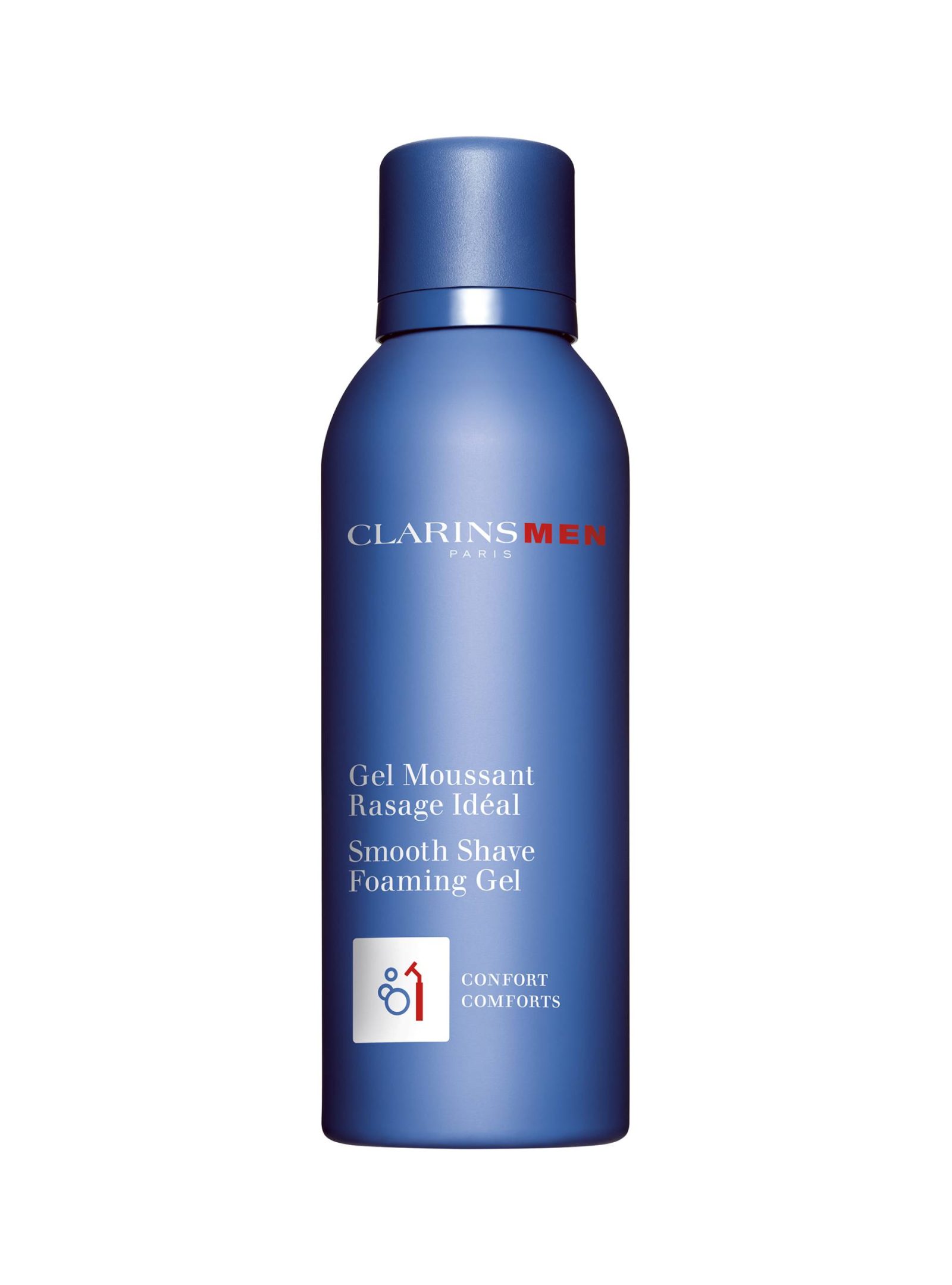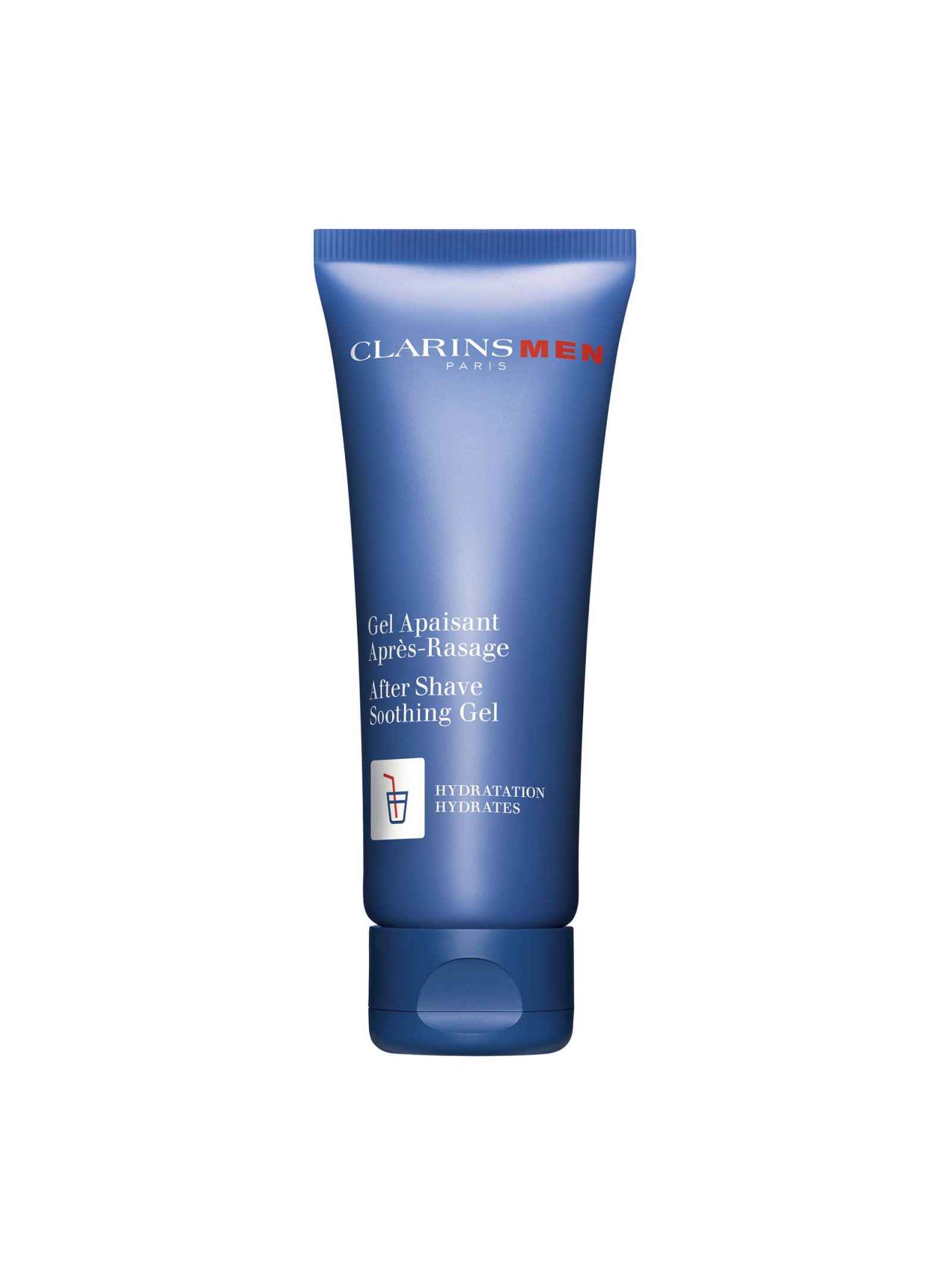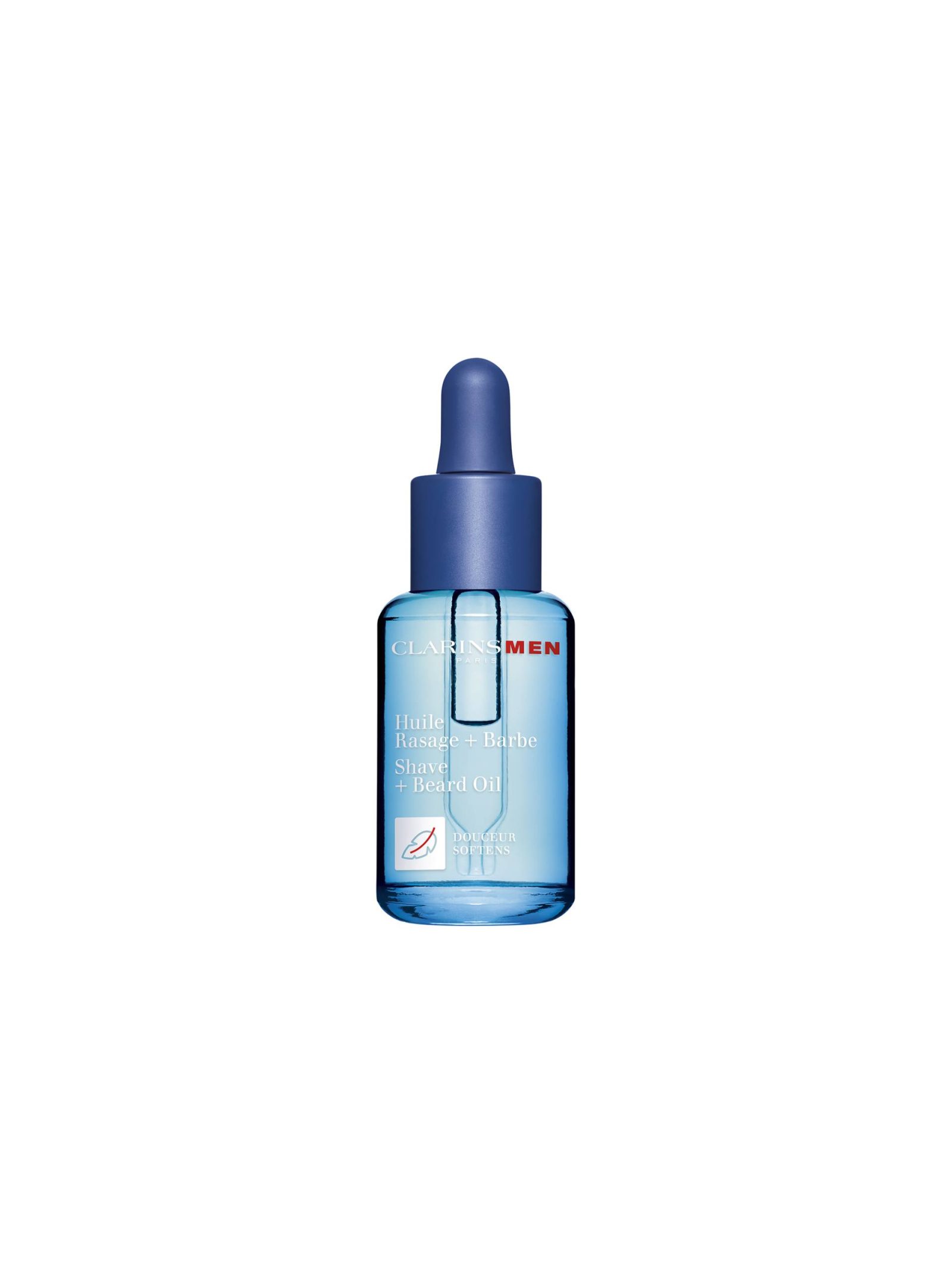New research has revealed which capital cities in Europe are the most romantic as the run-up to Valentine’s Day approaches by analysing Trip Advisor for the number of romantic restaurants and hotels in each city.
The European-based yacht charter group Catamaran Charter Croatia looked at each capital city in Europe and analysed Trip Advisor data on the number of romantic restaurants and hotels per million people in each city.

Lisbon takes the top spot in the rankings as the most romantic capital city in Europe to visit on Valentine’s Day. Despite having the ninth smallest area, the city sweeps across 100 square kilometresand has a population of 545,923. There are 588 romantic restaurants in the city, meaning there are 1,077 restaurants per million people, alongside 152 romantic hotels resulting in 278 hotels per million people. Therefore, Lisbon has the highest ratio of restaurants and hotels per million people in the city.

Monaco is Europe’s second most romantic capital city to visit on Valentine’s Day, with 54 romantic restaurants and six romantic hotels. The city has the second-smallest area in the rankings spanning only 2.1 square kilometres and has a population of just over 36,686. Per million people, there are 1,472 romantic restaurants and 164 hotels, resulting in Monaco placing second.

Paris, France, comes in strong as the third most romantic city, with a population of 2,139,907 people, 1,387 romantic restaurants and 542 romantic hotels. This equates to there being 648 restaurants and 253 hotels per million people. The city stretches over 105 square kilometres.

In fourth place is San Marino, with a population of 33,660; the city has 18 romantic restaurants and 14romantic hotels across 61.2 square kilometres, meaning there are 535 restaurants and 416 hotels per million people.

Following behind in fifth place is Rome, Italy, with a population of 2,761,632; Rome has 1,291 romantic restaurants and 1,371 romantic hotels in total across an area of 1,285 square kilometres, resulting in 467 romantic restaurants and 496 romantic hotels per million people, putting Rome in fifth place.

Sixth place goes to Andorra la Vella, Andorra, which has a population of 22,886 and is spread across 12 kilometres squared. The city is home to 23 romantic restaurants and three romantic hotels, meaning there are 1,005 restaurants and 131 hotels per million people.
Amsterdam, Netherlands, takes seventh place with a population of 905,234 people and stretches across 219 square kilometres in area. There are 486 romantic restaurants in the city and 155romantic hotels, which means there are 537 restaurants and 171 hotels per million people, securing seventh place.
In eighth place is Athens, Greece, which has 367 romantic restaurants and 63 romantic hotels across its area of 39 square kilometres. The population of Athens sits at 637,798, meaning that there are 575 restaurants and 99 hotels per million people in the city.
Prague, Czechia, ranks ninth in the rankings, spreading across 496 square kilometres. The city’s population sits at 1,352,374 people, and with 399 romantic restaurants and 246 romantic hotels in the city, there are 295 restaurants and 182 hotels per million people.
 In tenth place is Reykjavik, Iceland, which has a population of 135,688 people meaning there are 420 restaurants and 182 hotels per million people. Reykavik is spread across 273 square kilometres, and there are 57 romantic restaurants and 125 romantic hotels, placing the city in tenth position.
In tenth place is Reykjavik, Iceland, which has a population of 135,688 people meaning there are 420 restaurants and 182 hotels per million people. Reykavik is spread across 273 square kilometres, and there are 57 romantic restaurants and 125 romantic hotels, placing the city in tenth position.
London, United Kingdom, has the highest number of romantic restaurants overall, and Rome, Italy, has the highest number of romantic hotels in the rankings.
Paris, France, has the highest number of Michelin-star restaurants, with 88 in total across the capital city, nine of which have been awarded three stars.
Rome, Italy, has the highest number of romantic hotels, which are rated four plus stars, currently sitting at 650 across the city.
The Most Romantic Capital Cities in Europe
|
Ranking |
Country / City |
City |
Population |
No. of Restaurants |
No. of Romantic Restaurants per million people |
No. of Romantic Hotels |
No. of Hotels per million people |
|
1 |
Portugal |
Lisbon |
545,923 |
588 |
1,077 |
152 |
278 |
|
2 |
Monaco |
Monaco |
36,686 |
54 |
1,472 |
6 |
164 |
|
3 |
France |
Paris |
2,139,907 |
1,387 |
648 |
542 |
253 |
|
4 |
San Marino |
San Marino |
33,660 |
18 |
535 |
14 |
416 |
|
5 |
Italy |
Rome |
2,761,632 |
1,291 |
467 |
1,371 |
496 |
|
6 |
Andorra |
Andorra la Vella |
22,886 |
23 |
1,005 |
3 |
131 |
|
7 |
Netherlands |
Amsterdam |
905,234 |
486 |
537 |
155 |
171 |
|
8 |
Greece |
Athens |
637,798 |
367 |
575 |
63 |
99 |
|
9 |
Czechia |
Prague |
1,352,374 |
399 |
295 |
246 |
182 |
|
10 |
Iceland |
Reykjavik |
135,688 |
57 |
420 |
17 |
125 |
A spokesperson for Catamaran Charter Croatia commented:
“The fact that there is such a high number of romantic restaurants and hotels in smaller populated cities just shows how many capital cities can profit from being a go-to place for a romantic getaway.
“European countries thrive during celebrations, especially when it comes to Valentine’s Day, which is why this study is exciting to see which capital cities come out on top just in time for the most romantic day of the year.”
Imagery
Vali Sachadonig
Mark de Jong
Adrien
Christopher Czermak
Andrea Rodriguez
Evelyn Paris
 Neglecting sleep
Neglecting sleep Not warming up
Not warming up Skipping food before a workout
Skipping food before a workout Not consuming enough protein
Not consuming enough protein Not pushing yourself hard enough
Not pushing yourself hard enough Not letting your body rest
Not letting your body rest




 For 2023 I think we will start to see men’s hair looks becoming a lot more groomed from the messier, textured styles we noticed in previous years. Think slicked back, shiny hair!
For 2023 I think we will start to see men’s hair looks becoming a lot more groomed from the messier, textured styles we noticed in previous years. Think slicked back, shiny hair! Overcombs and undercut styles will be two of the most prominent cuts of 2023, which will be styled with the help of waxes and pomades to give the looks a more ‘polished’ appearance.
Overcombs and undercut styles will be two of the most prominent cuts of 2023, which will be styled with the help of waxes and pomades to give the looks a more ‘polished’ appearance. Old school and classic wavy hairstyles will also make a comeback this year and look great when paired with a side parting to exude sophistication.
Old school and classic wavy hairstyles will also make a comeback this year and look great when paired with a side parting to exude sophistication. In terms of colour for men in 2023, we will continue to see men experiment by adding blonde into their hair via highlights or onto the top section of their hair if they have a tapered/faded haircut for more of a statement finish.
In terms of colour for men in 2023, we will continue to see men experiment by adding blonde into their hair via highlights or onto the top section of their hair if they have a tapered/faded haircut for more of a statement finish. Old-fashioned bowling is the undisputed number one with 1,640,000 average monthly searches, and we think it’s with good cause. Apart from being fun and laid back, bowling alleys have it all, from great food to a lively atmosphere which, combined with some honest sportsmanship will make a great recipe for a successful night!
Old-fashioned bowling is the undisputed number one with 1,640,000 average monthly searches, and we think it’s with good cause. Apart from being fun and laid back, bowling alleys have it all, from great food to a lively atmosphere which, combined with some honest sportsmanship will make a great recipe for a successful night! Another one for the sportsy people out there, mini golfing scored 488,000 average monthly searches, and is another great way to have fun while keeping things real, and the right amount of competitive. Paired with a nice dinner afterwards or aperitivo earlier on, your date is going to feel the effort you put into organizing it.
Another one for the sportsy people out there, mini golfing scored 488,000 average monthly searches, and is another great way to have fun while keeping things real, and the right amount of competitive. Paired with a nice dinner afterwards or aperitivo earlier on, your date is going to feel the effort you put into organizing it. This one is for those who are not afraid to be locked in a room with their first date for a while and want their evening to last. Escape rooms gained 483,000 average monthly searches, making it the third most popular activity.
This one is for those who are not afraid to be locked in a room with their first date for a while and want their evening to last. Escape rooms gained 483,000 average monthly searches, making it the third most popular activity. With 382,000 average monthly searches, aquariums are fourth and another great first-date idea. Unfortunately, this won’t be accessible to everyone all the time, but if your city (or a nearby one) has an aquarium, it might be the best idea you’ll ever have. The atmosphere, paired with the sense of comfort and tranquillity that water can provide might be the best combination to hope for a second date.
With 382,000 average monthly searches, aquariums are fourth and another great first-date idea. Unfortunately, this won’t be accessible to everyone all the time, but if your city (or a nearby one) has an aquarium, it might be the best idea you’ll ever have. The atmosphere, paired with the sense of comfort and tranquillity that water can provide might be the best combination to hope for a second date. Another old but gold type of location, arcades have 364,000 average monthly searches and are perfect for whoever is trying to recreate that 90s/2000s vibe.
Another old but gold type of location, arcades have 364,000 average monthly searches and are perfect for whoever is trying to recreate that 90s/2000s vibe. A trip to a museum has never not been romantic and even though the 353,000 average monthly searches might not all refer to a date idea, we know that if your date loves art and quiet places, they will be thrilled with the idea of being taken to one.
A trip to a museum has never not been romantic and even though the 353,000 average monthly searches might not all refer to a date idea, we know that if your date loves art and quiet places, they will be thrilled with the idea of being taken to one. But not everybody likes quiet, and that’s why we do recommend trying to go beyond the shyness or your limits and take your date for a karaoke night if you think it will not make them uncomfortable! For sure, the 291,000 average monthly searches are proof of its popularity!
But not everybody likes quiet, and that’s why we do recommend trying to go beyond the shyness or your limits and take your date for a karaoke night if you think it will not make them uncomfortable! For sure, the 291,000 average monthly searches are proof of its popularity!